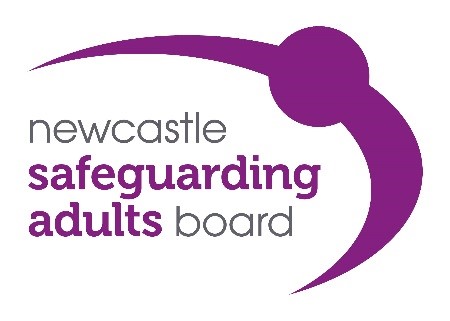It is important that everyone knows what to do if they have a concern about the abuse or neglect of an adult with care and support needs.
How to report abuse
Abuse and neglect is never ok. If you, or someone you know is being abused or neglected, it is important to tell someone. You can tell someone you trust or contact Adult Social Care. Stopping adult abuse or neglect is everyone’s responsibility and anybody can raise a concern. Find out more by clicking on the report a concern button.
What happens after abuse or neglect is reported
Adult Social Care have a duty to make enquiries into the alleged abuse or neglect of adults at risk. Adult Social Care will do this alongside the person who is at risk, and anyone else who is important to them. The response will depend on the wishes and the circumstances of the person who is being abused or neglected and the seriousness of the situation. If they are in danger, our primary concern will be to ensure their safety. There may be a need for further action or investigation in order to protect the adult, or others, from abuse or neglect
What is Abuse?
Abuse or neglect can happen to anyone, anywhere. It can take place in a person’s own home, in a residential or nursing home, a hospital, day centre or in the street. Most abusers are known by the adult at risk. Abusers can be:
- family members
- friends
- neighbours
- paid carers
- health or care professionals
- work colleagues
There are different forms of abuse or neglect:
- Physical abuse – being hit or slapped, being given the wrong medication on purpose, being locked in somewhere, tied up or force fed.
- Sexual abuse – being touched or kissed when it is not wanted, being made to touch or kiss someone else, being made to watch pornography, being raped, getting something (e.g. gifts or money) as a result of performing sexual acts which a person could not or did not consent to.
- Emotional abuse – being threatened, not being given choices, being bullied, being deliberately left alone for a long time, being tormented.
- Financial abuse – having money or personal property stolen, being tricked out of benefits, someone borrowing money and not paying it back, being bullied into letting other people use credit cards or cheques.
- Neglect – not being given enough to eat or drink, being left in dirty or wet clothes, being given the wrong medication or not being given medication at all, someone not calling a doctor or nurse when help is needed.
- Discriminatory abuse – ignoring religious beliefs, making comments or jokes about a person’s disability, race or sexuality, not providing food to meet dietary requirements.
- Organisational abuse – repeated instances of poor care or treatment in a service.
- Domestic abuse – abuse perpetrated by someone who is, or has been, a family member or intimate partner.
- Self-neglect – when a person is unable to look after themselves meaning that their health, wellbeing or safety is affected.
- Modern slavery – when a person is forced to work for no money, they may be owned or controlled by an employer or moved from different areas or abroad.
- Criminal exploitation – When a person is controlled by an abuser who might use coercion, intimidation, violence (including sexual violence) and weapons to do so. Control methods used include debt bondage; threats of kidnap and serious violence, including the use of firearms and bladed weapons; threats of harm to family members; ‘cuckooing’; and sexual abuse. Exploitation might be linked to organised crime groups involved in activity such as money laundering and drug dealing.
More information about the process
Information in different languages
Our leaflet has been translated into the following different languages:
We can translate the leaflet into other languages, please contact safeguardingboards@newcastle.gov.uk to request this.
InformationNOW
InformationNOW contains a huge range of local information, organisations, events and activities for people in Newcastle. It covers everything from leisure and lifestyle, being a carer, cost of living support and staying safe.
InformationNOW uses RECITEME tools to translate, read aloud and make the website accessible. You can also favourite information, events & organisations to come back to or to print out in a easy to read, accessible format that can be shared offline.
